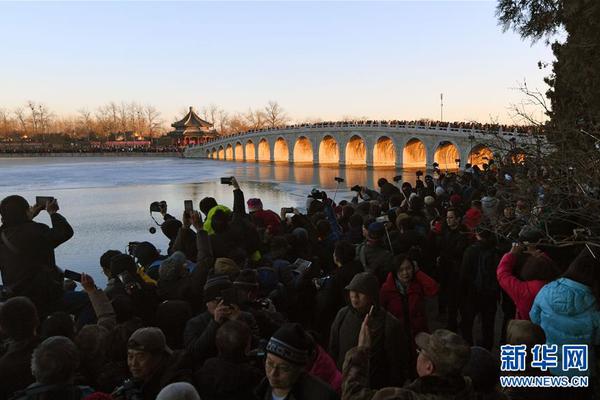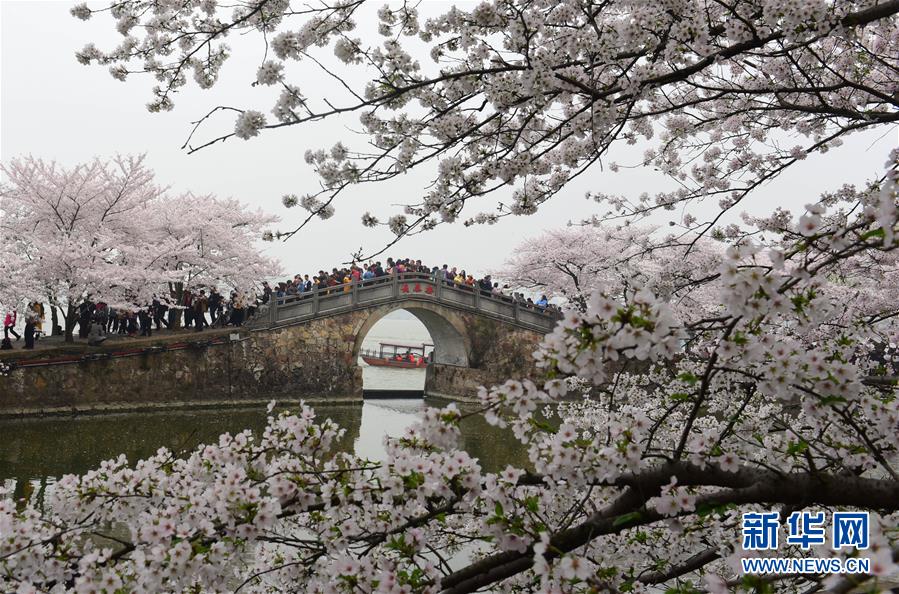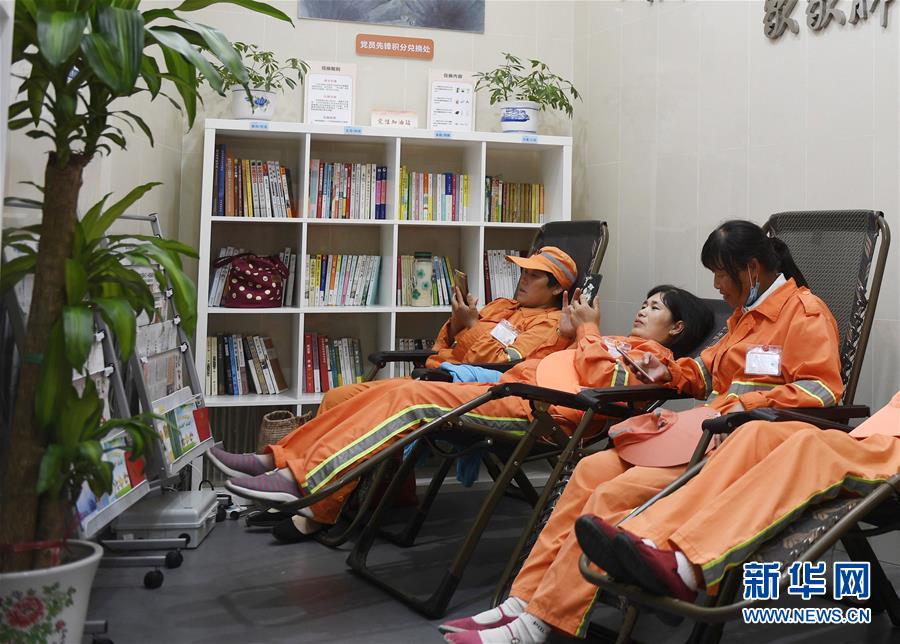
The social hall of the West Los Angeles Buddhist Church was filled to capacity on March 3rd for a panel presentation on Tritia Toyota’s newly published work “Intimate Strangers: Shin Issei Women and Contemporary Japanese American Community, 1980-2020 (Temple University Press, 2023).” Cosponsored by the West Los Angeles Buddhist Temple, West Los Angeles United Methodist Church, Japanese Institute of Sawtelle, Sawtelle Japantown Association, UCLA Nikkei Student Union, and UCLA Asian American Studies Center & Department—there was strong representation from the historic WLA/Sawtelle JA community. Professors Valerie Matsumoto (Asian American Studies/History, UCLA) and Professor Yasuko Takezawa (cultural anthropology/sociology, Kyoto University) were support panelists offering insights from their own research.
For many of us senior Southern Californians, we all remember Tritia Toyota as “our” tv news anchor. At a time when there was hardly any Asian representation on the tv and movie screens, Tritia had to fight hard to cover news stories happening in the Asian American communities. As co-founder of the Asian American Journalists Association, Tritia helped set the stage for Asian American women (and men) to keep the doors open for Asian Americans in the mainstream news media.
After retiring from the world of TV broadcast news, Tritia worked to get her doctorate in cultural anthropology at UCLA, mentored by the late Don Nakanishi. With Professor Toyota’s latest book, she continues to shine a light on our own Japanese American community—reminding us of those who live in the shadows and why.
Professor Toyota’s Powerpoint presentation emphasized the arrival of shin Issei women to the U.S. as part of the economic restructuring of Japan and its transnational needs to support their business outposts in the U.S.—“shin” meaning “new” (Issei, migrants from Japan). This population of shin Issei women “far exceeded numbers of men by more than three to one. By 2010, shin Issei women in the United States constituted more than 65.5% of the foreign-born Japanese population, far outnumbering the presence of foreign-born Japanese men at 34.5%. (p. 12) The biggest reason for this is the lack of decent jobs for women in Japan, which includes the forced retirement of “office ladies” (OLs) anytime after age 25, presumably the time they should be getting married and starting families.
Professor Takezawa gave supporting evidence on Toyota’s thesis that shin Issei women are drawn to the U.S. for better job opportunities. She also gave some examples of the barriers between American-born Japanese and shin Issei, (i.e. Nisei) who had mixed feelings of being Japanese from their World War II camp experience; Japanese businessmen who looked down on Japanese Americans; and the 80’s movement for redress and reparations for the WWII incarceration emphasized being “Americans” of Japanese descent. She also pointed to the more recent “Asian hate” incidents as something that potentially draws more connection between shin Issei and JAs.

Professor Matsumoto remarked that “Intimate Strangers” is the first book to talk about shin Issei and Japanese Americans—a milestone given the over 150-year history of Japanese migration to the U.S. Matsumoto talked about how shin Issei and JAs are beginning to come to terms with each other—i.e. the Japanese Institute of Sawtelle has become the meeting ground where shin Nisei are learning more about JA history. She commented how shin Issei are drawn to live and work in or near historic Japanese enclaves where they can find Japanese-speaking people and services—what does this mean for the future of our communities with the inclusion of Hapa-Japanese and shin Issei.
As noted in the introduction of “Intimate Strangers,” Toyota explains: “…one of the main projects of this book…is uncovering the tensions wrought by new migration in extant American communities, and at the same time, going a step further to investigate possibilities of common purpose or integrated action on social issues that are inclusive of both Nikkei and shin Issei under a larger, encompassing umbrella of belonging.”
The topic is as thought-provoking as its title—“Intimate Strangers.” Through well-documented research, Toyota investigates the shin Issei from their situation in Japan, to their initial forays into life in the U.S., and then what they are con-fronted with once they have come here to work and live. She weaves together the larger global economic forces operating and their effects on the individual lives of the women she interviewed. Once they graduate high school, these women’s lives are complicated with expectations to accept 2nd class citizenship by larger Japanese society, and their defiance of Japan’s gender disparities by risking their lives as illegals/undocumented workers in the U.S
Just as The Rafu Shimposerves two distinct populations—those fluent in English vs. those fluent in Japanese—where ever the twain shall meet? Will there come a day when the two-sides of the newspaper joins hands to greet a new day for our community? As Toyota ends her argument: “Redefining Nikkei meanings in the twenty-first century will require—as it always has—compromise, accommodation, empathy, and necessity.”
“Intimate Strangers” challenges us to think about our community in broader terms, in ways we have chosen not to think about for one reason or another. Living in our midst, yet unrecognized for reasons of “life in America” and all that entails, our shin Issei women bring new meanings to the gaman of our community.
More book talks are being planned for Professor Toyota to present “Intimate Strangers” to the public.
Mary Uyematsu Kao is the au-thor/photographer of Rockin’ the Boat: Flashbacks of the 1970s Asian Movement, and former Pub-lications Coordinator for the UCLA Asian American Studies Press. She can be reached for comments and feedback at: uyematsu72@gmail. com. Opinions expressed are not necessarily those of The Rafu Shimpo.
 Learning from a Koto Legend at Nishi Center in Little Tokyo
Learning from a Koto Legend at Nishi Center in Little Tokyo
 'The Great North' creators on what makes the Tobins special: Interview
'The Great North' creators on what makes the Tobins special: Interview
 Apple's new, colorful iMacs are personality tests for your soul
Apple's new, colorful iMacs are personality tests for your soul
 BBC's 'The Pursuit of Love' lets Andrew Scott hilariously steal the show
BBC's 'The Pursuit of Love' lets Andrew Scott hilariously steal the show
 Strumming Along
Strumming Along
 Subaru reveals name and sneak peek of its first electric SUV
Subaru reveals name and sneak peek of its first electric SUV
 Apple faces collective action lawsuit seeking compensation for 20 million UK users
Apple faces collective action lawsuit seeking compensation for 20 million UK users
 Google IO 2021: Google's turning the phone camera into a dermatologist
Google IO 2021: Google's turning the phone camera into a dermatologist
 NYT's The Mini crossword answers for March 11
NYT's The Mini crossword answers for March 11
 Google IO 2021: Unlock BMW cars with Android's digital car key
Google IO 2021: Unlock BMW cars with Android's digital car key
 Perfecto: "Now we have HObbit as the IGL"
Perfecto: "Now we have HObbit as the IGL"
 Otter's assistant can automatically transcribe Zoom meetings
Otter's assistant can automatically transcribe Zoom meetings
 Waymo's AI taxi thwarted by traffic cones, then made everything worse
Waymo's AI taxi thwarted by traffic cones, then made everything worse
 Young people don't actually want a 'hot vaxxed summer'
Young people don't actually want a 'hot vaxxed summer'
 Viva Lana Vegas!
Viva Lana Vegas!
 What is Itch.io? Indie games store is a vital source of creativity.
What is Itch.io? Indie games store is a vital source of creativity.
 Google IO: Google Photos adds 'Locked Folder' so you can hide photos
Google IO: Google Photos adds 'Locked Folder' so you can hide photos
 'Oxygen' is a tense thriller to make you gasp: Netflix movie review
'Oxygen' is a tense thriller to make you gasp: Netflix movie review
 ‘The Waiting Room’ at Santa Monica Playhouse
‘The Waiting Room’ at Santa Monica Playhouse
 Flush with bitcoin, hacker group behind Colonial Pipeline attack says it's done
Flush with bitcoin, hacker group behind Colonial Pipeline attack says it's done
Former Alibaba CEO Daniel Zhang unexpectedly quits cloud unit leadership role · TechNodeCFO says BMW expects this year to be better for sales in China? · TechNodeApple reduces 3nm orders from TSMC · TechNodeWalmart+ Week is live through May 4IBM is going all in on quantum with $150 billion US investmentHuawei reportedly plans to return to the global smartphone market · TechNodeXiaomi's selfChinese consumer electronics maker Haier enters the auto industry · TechNodeBig tech firms restrict mobile apps under China’s new Internet regulations · TechNodeFritz vs. Ruud 2025 livestream: Watch Madrid Open for free These poignant signs show what the Equality March is really about Pete Souza snags an obvious VIP to write the foreword to his book Uber's CEO reportedly sent out rules for sex between employees before a 2013 party Let the Frank Ocean and Brad Pitt bromance officially begin The internet isn't convinced this truck tire isn't a crocodile Macadamia the koala joey is here to charm your socks off A dinosaur picked a fight with the dictionary on Twitter and it was brutal Blurry, fleshy True hero sneaks grandma's dog into hospital by disguising it as a baby Skittles honors LGBTQ Pride by replacing the rainbow with oh god, no
0.2401s , 10108.0859375 kb
Copyright © 2025 Powered by 【xxx wep】Tritia Toyota’s ‘Intimate Strangers’ and Our Contemporary Nikkei Community,Global Hot Topic Analysis